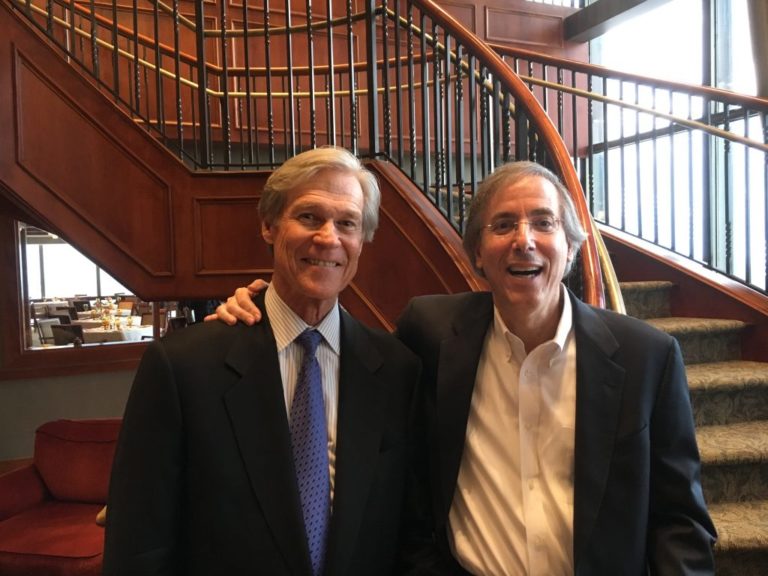Consumers have until April 27, 2015 to comment on a new rule for generic drug label changes proposed by the United States Food and Drug Administration (FDA). The proposed rule would address the arbitrary inequality created four years ago by the U.S. Supreme Court’s decision in Pliva v. Mensing, a case in which the court determined that patients injured or killed by dangerous generic drugs had no legal recourse when a manufacturer failed to warn consumers about dangerous side effects. Pliva v. Mensing stood in stark contrast to the court’s 2009 decision in Wyeth v. Levine in which the court allowed patients injured or killed by dangerous name brand drugs to sue manufacturers. The two rulings created two classes of consumers: those with rights, and those without. Under the current rule, manufacturers of generic drugs are not required to update their warning labels even if they learn about new risks that were unknown at the time drugs were officially approved. The new rule would require generic manufacturers to make necessary changes to their safety labels or be subject to liability. This would reestablish the rights of consumers when generic drug makers fail to warn about dangerous side effects.
Pharmaceutical industry-backed economists have suggested that exposing generic manufacturers to new potential liability costs would increase the cost of healthcare spending by $4 billion annually, or about $1.16 per prescription. However, Frank Ackerman, Ph.D., a senior economist at the Massachusetts Institute of Technology, calls the pro-industry economists’ estimates a “quantitative fantasy” that “misunderstands the nature of cost-benefit analysis” and “exaggerates” the economic impact of the proposed rule change. “With every delay, more and more time passes in which patients are being put at risk,” said Michael Carome, M.D., director of Public Citizen’s Health Research Group.
Terrell Hogan personal injury and wrongful death law firm will continue to alert the public about this important issue as more information emerges.
Drug Labeling Policy Makes Generic Drugs More Dangerous, And Patients Can’t Even Sue
Industry, Consumer Groups Battle Over Generic Labels
$17,400,000 Verdict
Tobacco Injuries
$1,500,000 Verdict
Auto Accident
Six Figure Settlement
Nursing Home Abuse
$3.7 Million Settlement
Medical Malpractice
$725,000 Settlement
Auto Accident
$600,000 Verdict
Construction Accident
Six Figure Settlement
Wrongful Death
$1,200,000 Verdict
Slip and Fall
$810,000 Recovery
Auto Accident
$500,000 Recovery
Business Litigation
$1,200,000 Settlement
Construction Accident
$1,300,000 Verdict
Medical Malpractice
$1,100,000 Settlement
Bicycle Accident
$3.3 Million Settlement
Bicycle Accident




